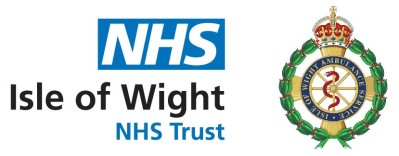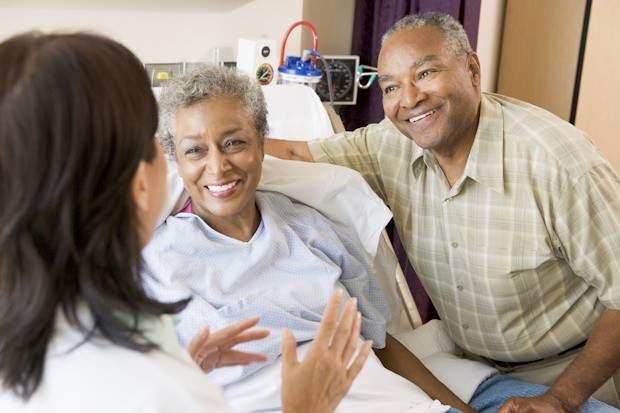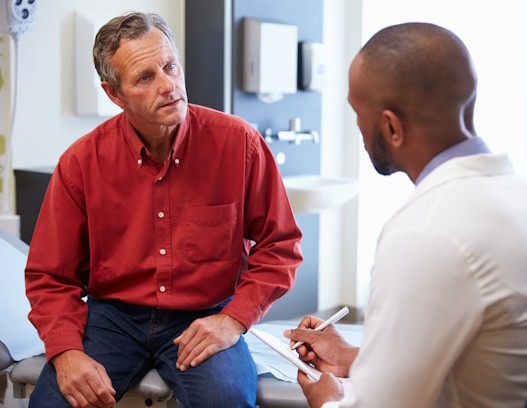We support the ‘Keep Antibiotics Working’ worldwide campaign by reminding everyone why it is important to only take antibiotics when you really need them and to always take your doctor, nurse, midwife or healthcare professional’s advice on antibiotics.
Taking antibiotics encourages harmful bacteria that live inside you to become resistant. This means that antibiotics may not work when you really need them.
Infections such as Urinary Tract Infections (UTIs) or skin infections that don’t respond to an antibiotic, have the potential to cause serious complications, including bloodstream infections and hospitalisation.
Antibiotics are essential to treat serious bacterial infections such as pneumonia, meningitis and sepsis. They also help to protect people that are vulnerable to infections from other health conditions, helping ward off infections during chemotherapy, caesarean sections and other surgeries.
However, they are frequently being used to treat illnesses like coughs, earache and sore throats that can get better by themselves.
What we would like you to do:
- Ask your pharmacist to recommend medicines to help treat cold or flu symptoms or pain
- If prescribed take antibiotics exactly as prescribed, never save them for later, never share them with others.
- Do not request antibiotics for cold and flu symptoms or other infections which are likely to be viral eg sore throat, ear infection, shingles
- To spread the word, tell your friends and family about antibiotic resistance
Top tips for taking antibiotics
Select the right antibiotic - Do not use ‘old’ antibiotics that you have from a previous infection. It may not be the right type for your current problem.
Read the package insert - As with any drug, you should read the package insert and medication label carefully before commencing with the medication. Take special note of the proper dosage and contraindications. If any concerns discuss with prescriber or your pharmacist.
Complete the entire course - The entire course of antibiotics should be completed as directed on the label. It is important to take every pill even if you are feeling better before the end of the course. Otherwise by stopping it prematurely you run the risk of the infection recurring. It may return worse than before and be difficult to treat the second time around. Do not save any pills for the next time that you are ill.
Never miss a prescribed dose - Missing a dose reduces the effectiveness of the antibiotic and can allow the bacteria a chance to survive and it may worsen your condition. Missing doses contributes to antibiotic resistance especially if you do not complete the entire course. Co-ordinate your antibiotic intake with regular daily activities eg meal times so as not to forget a dose.
Do not share antibiotics - Antibiotics that are prescribed for you should only be used by you as they are tailored for your infection, weight, age and seriousness of your infection.
Expect digestive side effects - Antibiotics have side effects which can vary depending on the type of antibiotic, dose and individual sensitivity. Digestive symptoms are quite common side effects from using antibiotics. It can range from mild nausea, to severe abdominal pain and diarrhoea. These side effects usually subside during and after the course but speak to a doctor if persist.
Follow up after completing the course - A follow up consultation is usually not necessary for mild infections that are easily treated and where the symptoms have resolved completely. If your symptoms do not resolve or worsen then you need to contact your doctor.
Beware of worsening or new symptoms - Antibiotics usually take a couple of days to have an effect. If the symptoms worsen or new symptoms start, contact your doctor so they can reassess you.
Become an Antibiotic Guardian
You can make a pledge to be a antibiotic guardian and do your bit to protect yourself, your family and friends against the spread of antibiotic resistance at: www.antibioticguardian.com.
For more information on antibiotics and their uses visit: NHS website.
To find out more about antibiotic resistance visit: NHS website.
For health advice and information on minor illness and what you can do to self care visit: www.nhs.uk



